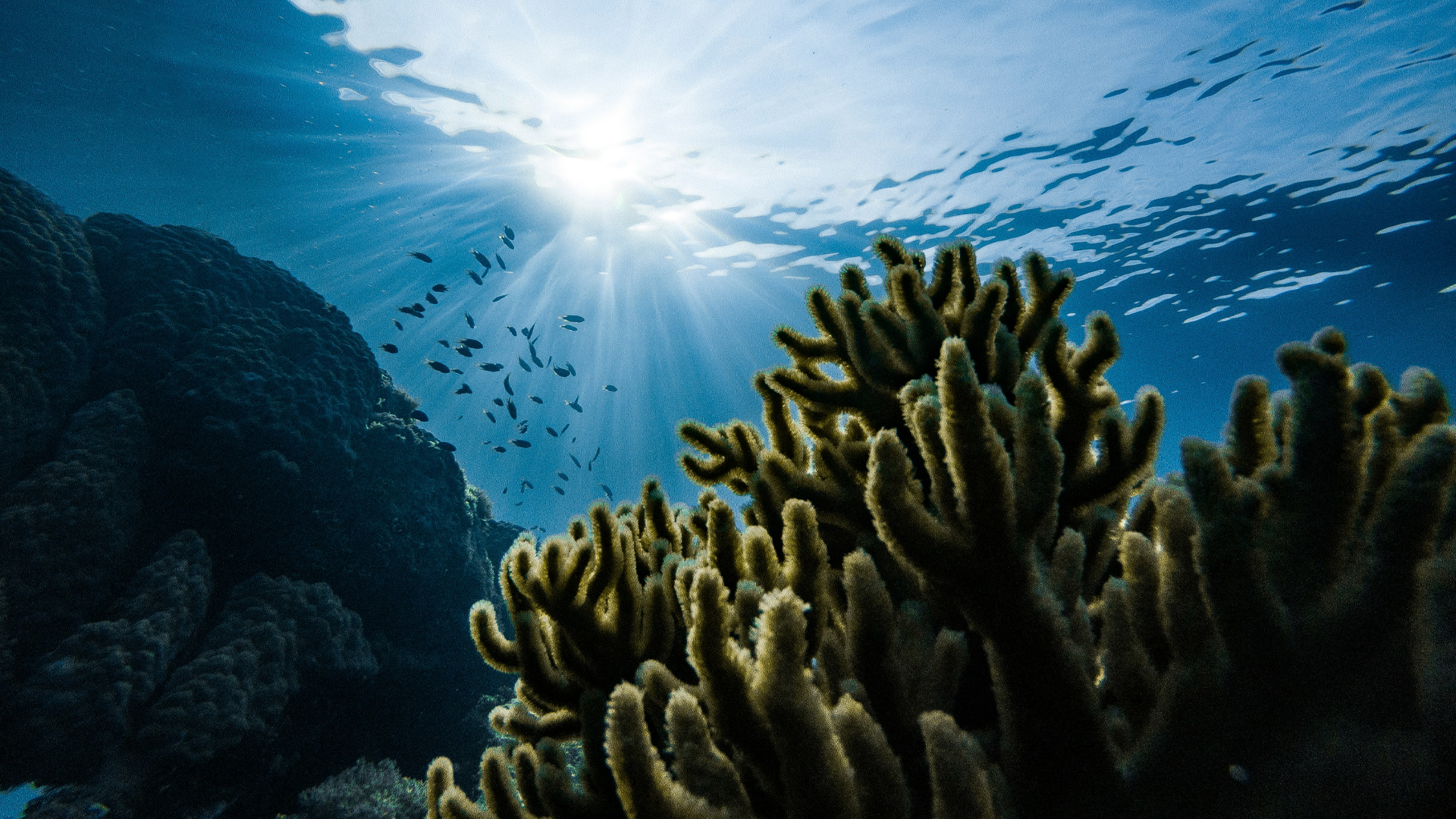As part of Project Waterworth, the cable will connect many key regions. Meta plans to create boosted connectivity across major continents to support future projects like AI.
Meta, the parent company that owns many social media platforms including WhatsApp, Instagram and Facebook, is planning on building a 50,000km sub-sea cable across the entire globe.
The development will be part of Project Waterworth, the longest underwater cable project ever. If successful, a cable will connect the US, India, South Africa, Brazil and other regions together.
In its announcement, Meta said this would provide ‘industry-leading connectivity’ to help support future projects such as AI development. The company also outlined what it called a ‘multi-billion-dollar, multi-year investment’ that aims to ‘strengthen the scale and reliability of the world’s digital highways by opening three new oceanic corridors.’
Over the last ten years, Meta has developed more than twenty subsea cables, offering digital connectivity across large regions of the planet. Project Waterworth will be a slightly more advanced continuation on this work.
Meta announced that the new cable will be placed up to 7,000 metres under the sea and will use ‘enhanced burial techniques in high-risk fault areas’. These could be shallow waters nearer coastal areas, for example. New innovations will reportedly avoid cable placement causing any damage to ship anchors or other hazards.
Many major tech companies have invested massive amounts in cable infrastructures in recent years. Just last year, Google announced it would build the first sub-sea cable connecting Africa and Australia, as well as a $1 billion USD investment to improve connectivity with Japan.


















